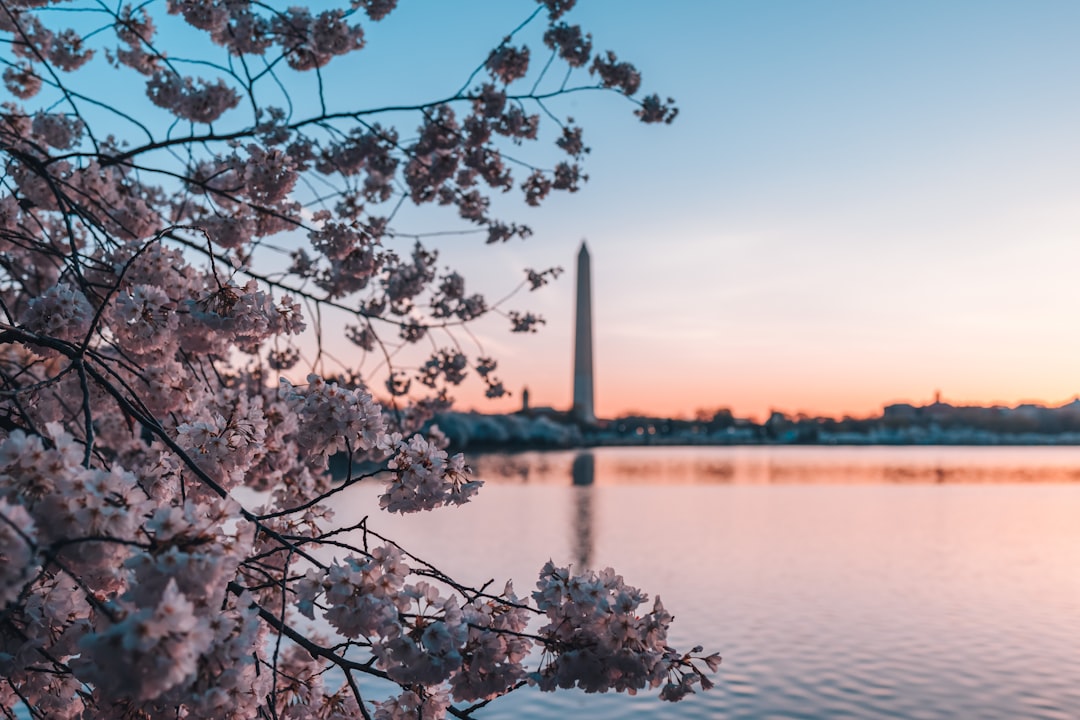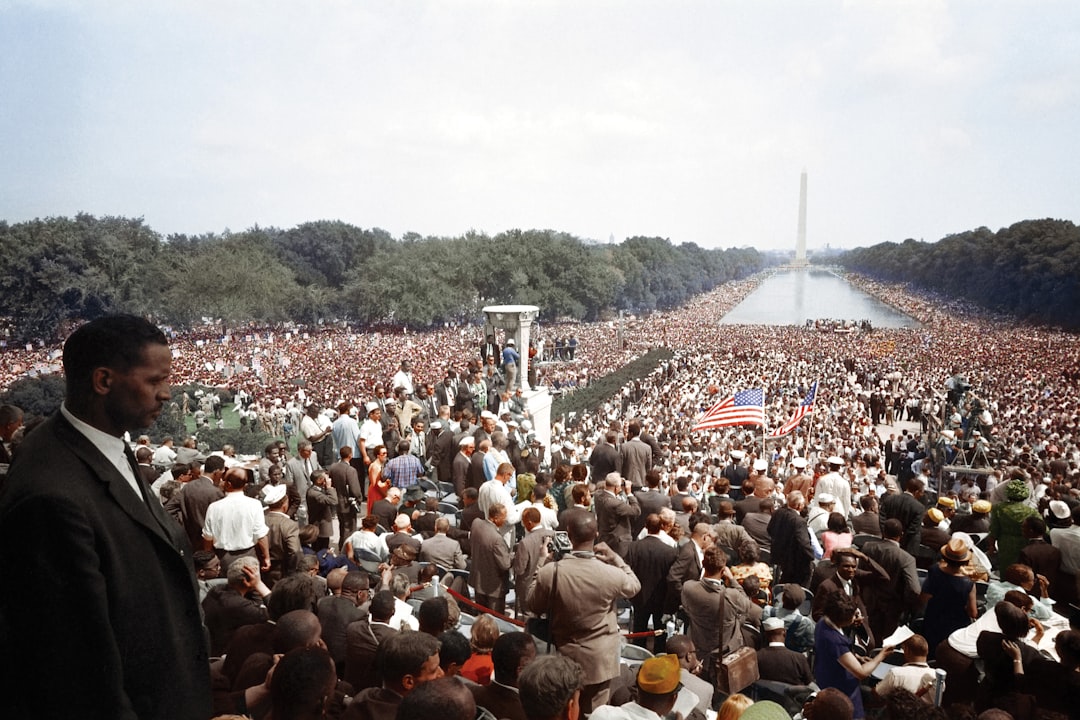In Washington D.C., strict Do Not Call Laws combat robocalls by enabling residents to opt-out of most telemarketing. Advanced blocking technology using AI identifies and blocks automated calls, enhancing privacy protection under these laws. Residents can further safeguard their privacy by reporting spam calls to authorities like the FTC, contributing to enforcement of the Do Not Call Registry.
In today’s digital age, residents of Washington, D.C. face a growing influx of unwanted robocalls. This guide offers a comprehensive overview of robowcall blocking technology tailored to DC’s robust Do Not Call Laws. We’ll explore how these laws protect citizens from intrusive calls and delve into the mechanics of blocking technology, installation, customization, and effective tracking. By armed with this knowledge, D.C. residents can reclaim their peace of mind.
Understanding Robocalls and DC's Do Not Call Laws

Robocalls, or automated phone calls, have become a prevalent and often unwanted nuisance for many Washington D.C. residents. These pre-recorded messages are used by businesses and organizations to promote their products or services en masse. While some robocalls offer valuable information, many are considered unsolicited and can be a source of frustration for recipients.
In response to this issue, the District of Columbia has implemented robust Do Not Call Laws, also known as the DC Consumer Protection Act, which grants residents the right to opt-out of receiving most telemarketing calls. These laws empower Washington D.C. citizens to take control of their communication preferences and reduce the volume of unwanted robocalls they receive. Understanding and utilizing these Do Not Call Laws effectively is a significant step towards creating a quieter, more peaceful environment for all residents.
How Robocall Blocking Technology Works

Robocall blocking technology leverages sophisticated algorithms and artificial intelligence to identify and filter out automated phone calls, commonly known as robocalls, before they reach your Washington, D.C. residence. These systems analyze various data points, including caller ID information, call patterns, and known robocall databases, to accurately distinguish between human-initiated calls and machine-generated ones.
Once a robocall is detected, the technology blocks it, ensuring that residents are spared from unwanted or fraudulent calls. This process is crucial in safeguarding against potential scams and privacy invasions, especially considering Washington, D.C.’s robust Do Not Call Laws designed to protect citizens from excessive telemarketing calls. By employing these advanced blocking mechanisms, residents can enjoy greater peace of mind and a more secure communication experience.
Installing and Customizing Your Blocking System

Installing a robocall blocking system is a straightforward process designed to protect your Washington, D.C. residence from unwanted automated calls, thanks to the region’s stringent Do Not Call Laws. Most systems involve connecting a simple device between your telephone line and router. This ensures that incoming calls are filtered before reaching your phone. Once installed, take time to customize your settings to suit your needs. Many blocking systems allow you to create custom lists of numbers to block or whitelist specific contacts. Adjusting these preferences will ensure you receive important calls while keeping robocalls at bay.
Tracking and Reporting Unwanted Calls Effectively

In Washington, D.C., tracking and reporting unwanted calls effectively is a powerful tool for residents looking to protect their privacy under the city’s stringent Do Not Call Laws. Utilizing call-tracking apps or software designed to recognize and record spam calls allows individuals to not only identify but also document persistent violators. These tools often provide detailed information, such as the caller’s phone number, company, and even the time and date of the intrusion.
Reporting these incidents to the Federal Trade Commission (FTC) or local consumer protection agencies is crucial. The FTC, for instance, maintains a Do Not Call Registry, and by submitting complaints, residents contribute to the enforcement of the registry. This collective effort not only discourages robocallers but also helps in identifying patterns and trends, enabling authorities to take more targeted actions against unscrupulous callers.






